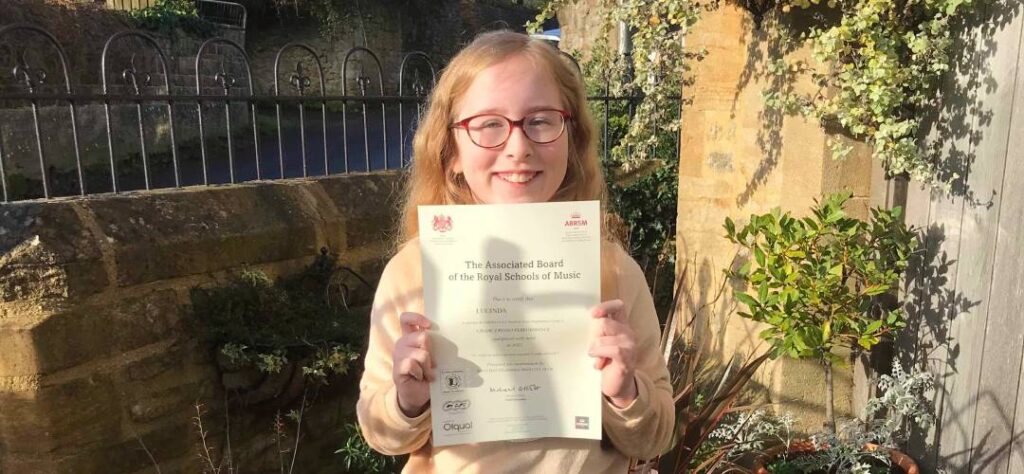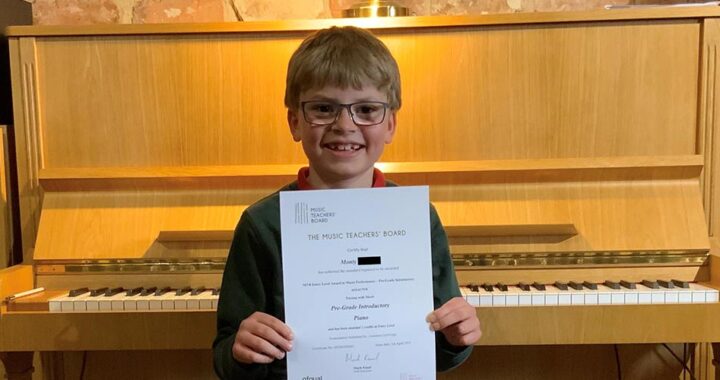
If you haven’t already done so, then check out my article entitled “Should I take graded music exams?” If you do decide to work towards these qualifications then these tips will help you to achieve the best results.
Ensure you enter for the correct grade
Enter for a level at which you know you can succeed and achieve a good result. For example, if you are an intermediate player, working on pieces that are somewhere between grade 4 and 5, then it would be better to enter for grade 4 where you know you can do well, then try to attain grade 5 but find the whole experience a little too challenging and stressful.
Choose pieces you’ll enjoy learning
Most exam boards offer a range of pieces on their syllabus for you to choose from. Make sure you listen to all the compositions available and not just the ones in the exam book. You will be spending a lot of hours practising these pieces so it’s important you choose ones you’ll enjoy learning.
Plan your preparation time
It’s worth putting together a timetable of your preparation leading up to the grade. You can give yourself weekly or fortnightly goals so that you can monitor your progress as you prepare for the exam. This will ensure you are well prepared and able to perform at your best.
Make sure you cover every element of the exam
It’s very common for candidates to do well in some aspects of the exam but lose marks in other areas. While we all have our strengths and weaknesses, it’s necessary to practise every element of the exam, including sight-reading, aural tests and scales. The pieces make up most of the marks the assessment, but the supporting tests also form an important part of the qualification.
Practise taking mock exams
As you get nearer your exam date, practise taking mock exams either with your teacher or with another respected musician. This will give you really useful experience, going through every part of the assessment as in an exam situation.
Be prepared on the day
Simple things like making sure you know where you are going and allowing plenty of time to get there will really help on the day. You don’t want to be rushing around and getting anxious before going in for the exam.
The result
When you receive the result, remember this simply reflects how you played on that date in front of the examiner. It doesn’t take into account how you got on with practising your pieces at home. What is very useful is the examiner’s comments and it is worth reading these through carefully. They will show you where your strengths lie, but also help you to see any areas in which you can improve ready for your next grade.
I hope you have found this article useful and please do leave any comments. To access all my articles and video tutorials from just £5 per month, visit patreon.com/JonathanDelbridgeMusic



